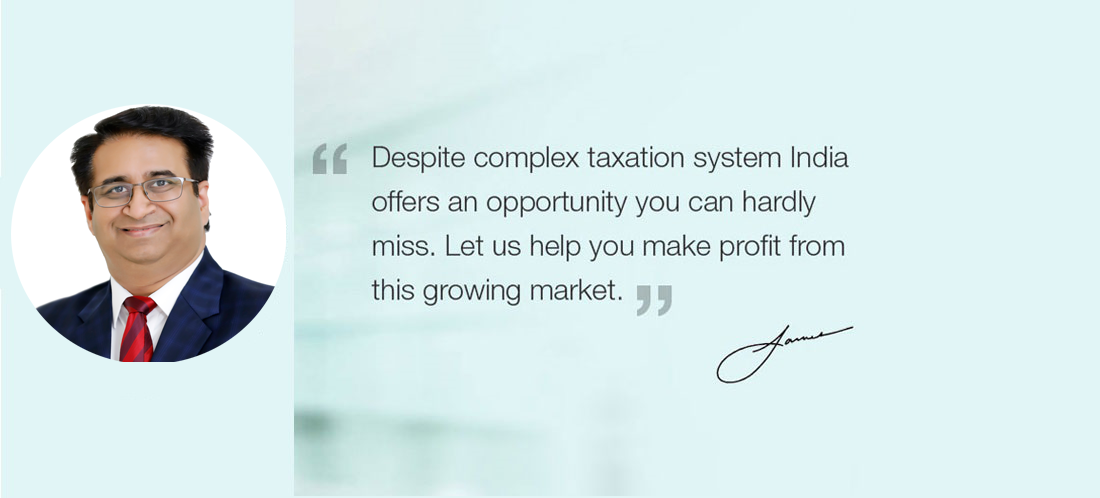
Meet Neeraj Bhagat
Chartered Accountant in Delhi
A reputed Tax Consultant & Chartered Accountant, who has helped many individuals/organizations to establish business in India
Neeraj Bhagat is a member of the Institute of Chartered Accountants of India (ICAI) since 1997. He has worked with professionally managed corporates in capacity as a consultant. He has experience of handling corporate affairs in different areas for over a decade. He has helped many organisations to set up business in India and operating it smoothly.
Neeraj has vast knowledge and a thorough understanding of Indian laws and regulations, as well as the complex corporate taxation system. Neeraj & his team have assisted many overseas companies in completing paperwork, getting necessary approvals, paying taxes, necessary filings and much more.
A Man with Integrity
Our client list includes domestic and international entities of various sizes from different industries. Our team of experienced professionals provide financial solutions in a manner where client satisfaction is our top priority.
Clients value Neeraj’s advises because he is well-versed with the Indian laws, rules and regulations. He always ensures that his clients operate without a hitch in India.
We represent a coalition of specialized skills that is geared to offer sound financial solutions and advices.


